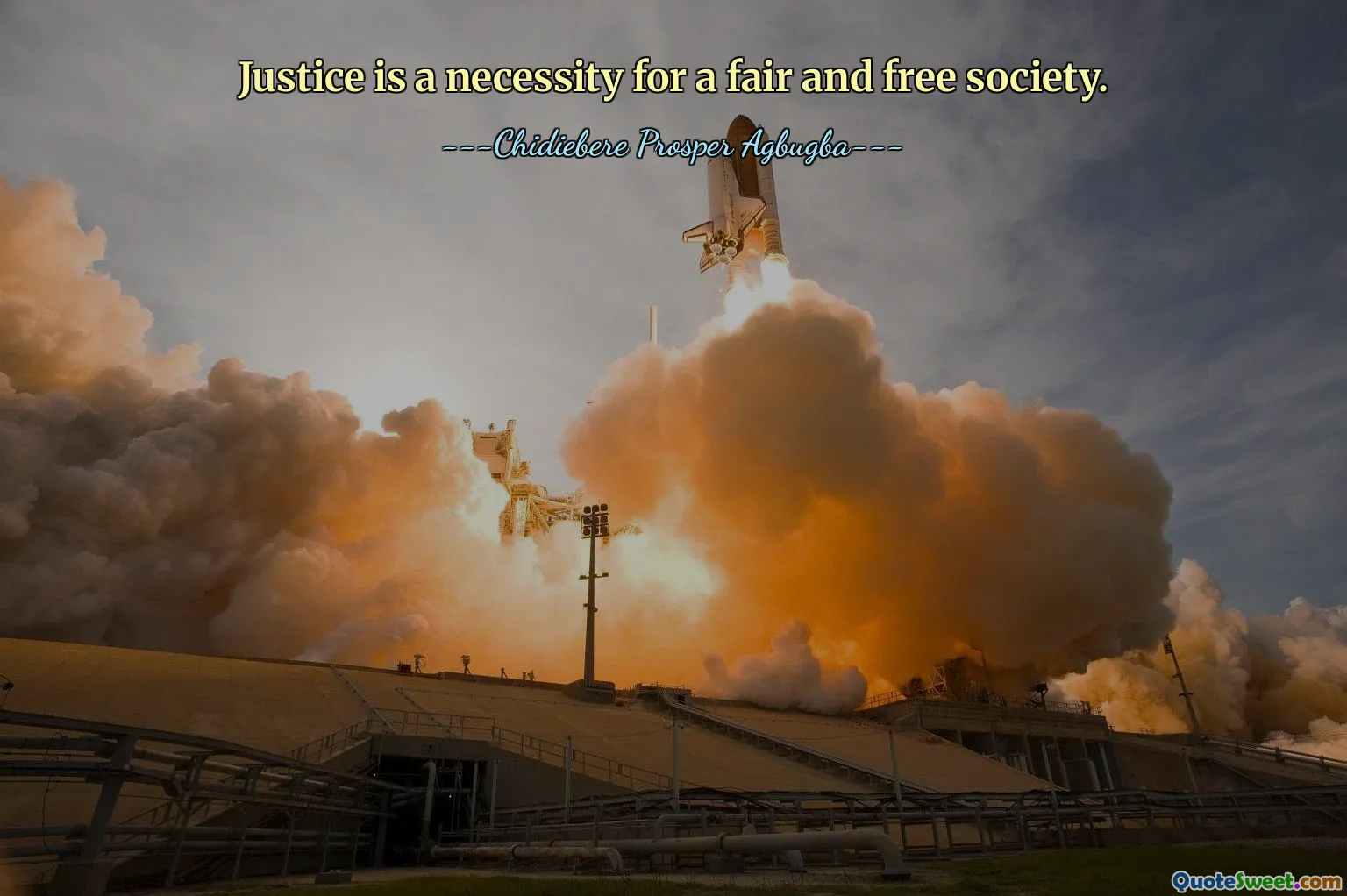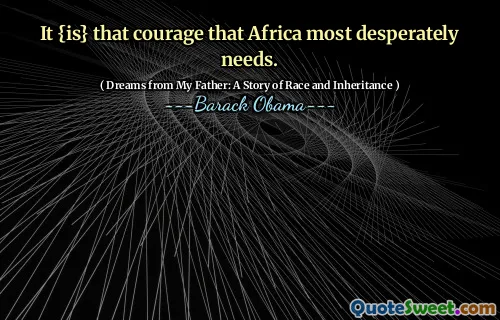
Justice is a necessity for a fair and free society.
Justice forms the backbone of any thriving society. It ensures that individuals are treated equitably, that rights are protected, and that wrongdoings are addressed appropriately. Without justice, societal trust begins to erode, leading to chaos and disorder. A just society promotes stability because its members believe in the fairness of the legal and social systems, which fosters cooperation and peaceful coexistence.
In a world where injustice prevails, people often suffer, especially marginalized groups who have little voice or influence. Justice acts as a safeguard, providing mechanisms for redress and accountability. It encourages moral and ethical behavior, setting standards for individual and collective actions. Moreover, justice necessarily encompasses not only the punishment of wrongdoers but also measures to restore harmony and rectify inequalities.
Philosophically, justice challenges societies to examine their core values—equity, fairness, and integrity. Institutions that uphold justice must be impartial, transparent, and consistent, serving as pillars upon which societal trust is built. Historically, advancements in justice—such as the abolition of slavery or women's suffrage—demonstrate its transformative power. As societies evolve, so do their notions of what justice entails, reflecting changing morality, cultural practices, and philosophical understandings.
Ultimately, justice is indispensable because, without it, the principles of liberty, equality, and fairness risk becoming hollow ideals. It shapes the social contract and provides the foundation for freedom and human dignity to flourish. Cultivating justice within all aspects of society remains an ongoing challenge and a vital pursuit for ensuring a balanced and equitable future.










